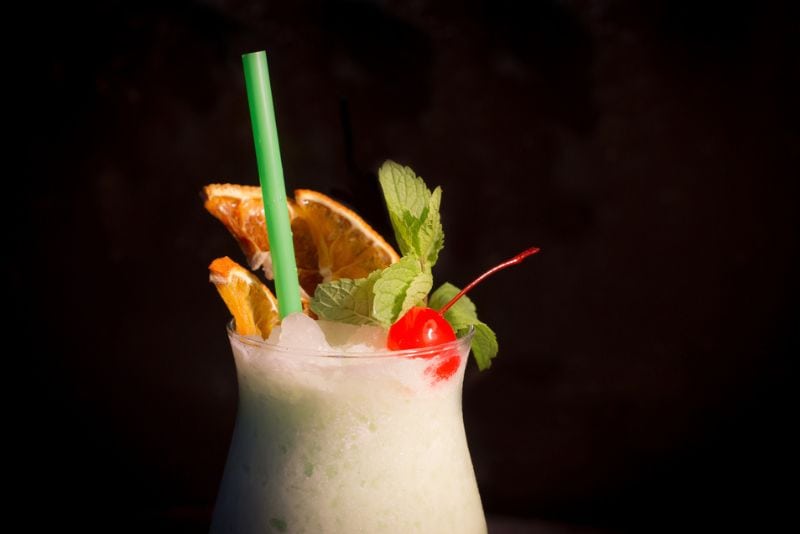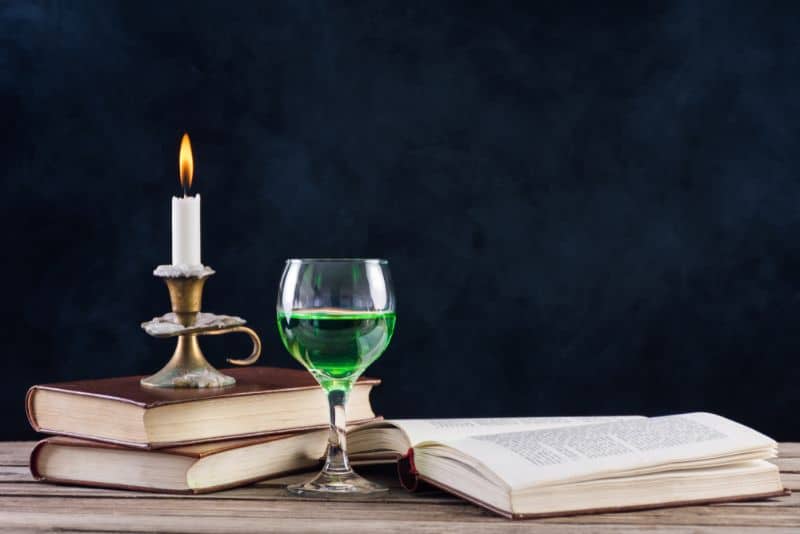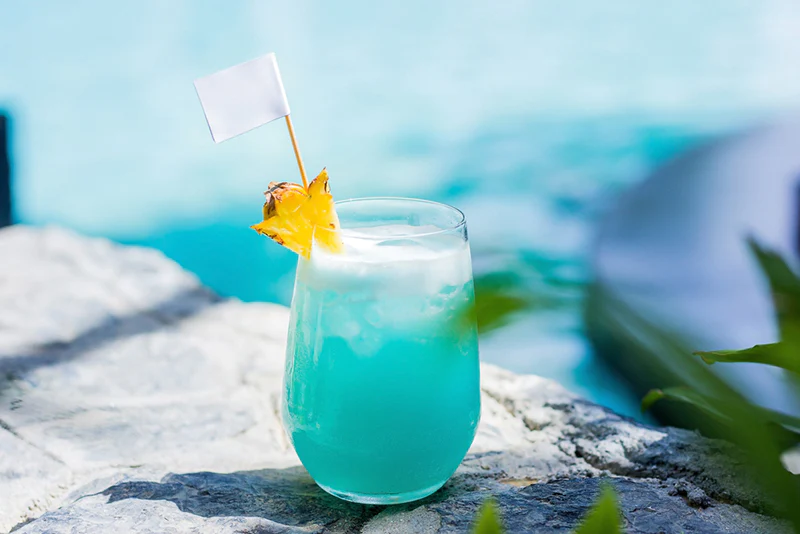What comes to mind when you think of absinthe? There are many stories about this mysterious drink, some true and some false. It has gained a reputation that has been exaggerated over time, making it difficult to distinguish between fact and fiction.
Are you ready to bust some myths?
#Myth1 Busted: Absinthe is not a drug
Many people view absinthe not as a simple beverage, but as a drug or a poison. The only distinctive feature setting it apart from many other drinks is its high alcohol content. While alcohol can be considered a drug, absinthe doesn’t possess any additional properties beyond this. It doesn’t induce hallucinations or cause behaviours you wouldn’t typically exhibit while intoxicated.
So, where does this misconception originate? It traces back to the early years when individuals hospitalised due to absinthe usage reported experiencing hallucinations. Presently, we understand that these hallucinations were a result of alcohol withdrawal symptoms rather than stemming directly from absinthe itself.
#Myth2 Busted: Flaming absinthe is not part of a tradition
When people think about absinthe, they often imagine a flaming presentation. This practice is commonly believed to be a nod to tradition, but in reality, that’s not the case. The act of flaming the drink and using sugar cubes is simply a marketing strategy aimed at making the drink more sensational. While it’s undoubtedly entertaining and leaves a lasting impression, it doesn’t stem from any genuine tradition. Beyond its visual appeal, this technique has no actual impact, aside from potentially imparting a charred flavour to the absinthe and spoiling the taste.
#Thujone does not make you hallucinate
Thujone carries a negative perception in the context of absinthe. While it is the main volatile oil in wormwood, it exists in minimal quantities in absinthe due to its resistance to distillation. At these levels, it poses no risk and is safe. In higher concentrations, thujone can be hazardous, but in the context of your glass of absinthe, there’s no need for concern. It won’t induce hallucinations or exhibit any psychedelic traits. This belief is largely exaggerated, similar to many aspects surrounding this beverage.
Even today, the situation hasn’t changed much. Many are primarily interested in exploiting the drink’s myths rather than appreciating the drink itself. There’s an influx of counterfeit versions, often enhanced with artificial colouring to create a more sensational appearance, and additives that transform it into something different altogether. These renditions stray far from the authentic drink. True absinthe doesn’t require embellishments to shine. It’s a straightforward beverage. Mix it with chilled water, maintaining a ratio of four parts water to one part absinthe, and sweeten it to your preference. And that’s all there is to it! No hallucinations, no exaggerated sensations, no unnecessary drama.




